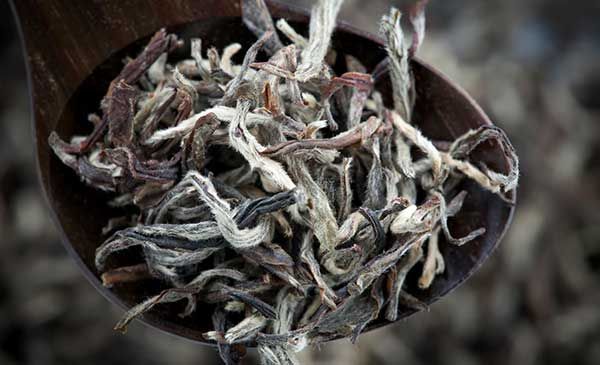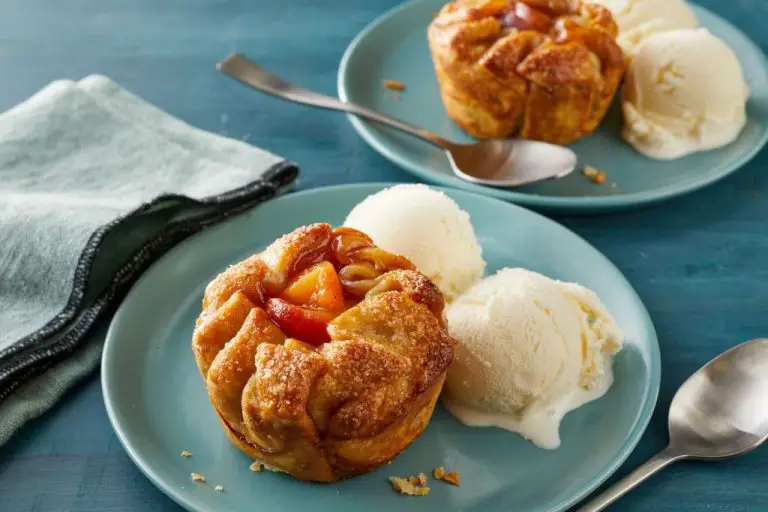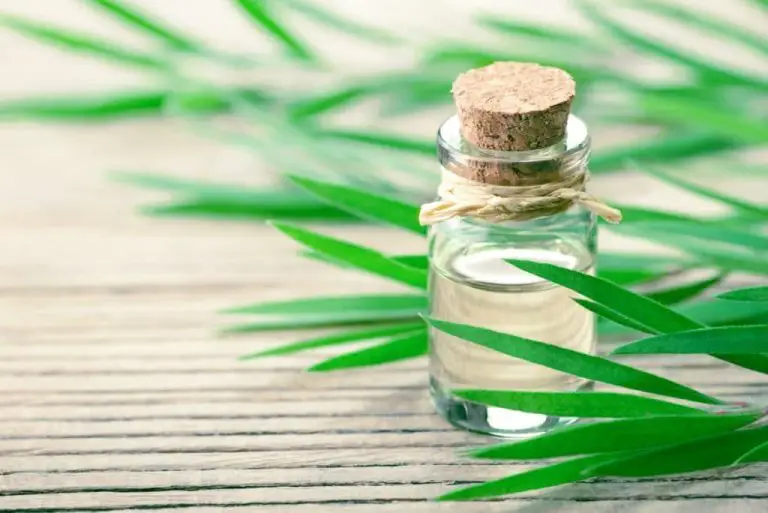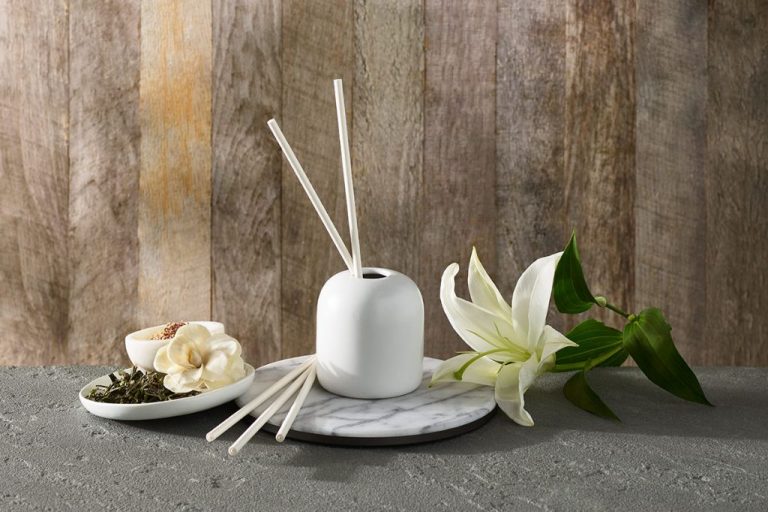Does Jasmine White Tea Have Caffeine?
What is Jasmine White Tea?
Jasmine white tea is a lightly flavored variety of white tea made from young tea buds and leaves. It gets its name from the jasmine blossoms that are used to scent the tea leaves during processing. The jasmine flowers impart a delicate, sweet aroma and flavor to the tea.
White tea on its own has a very light and subtle flavor. The young tea buds and leaves are minimally processed to preserve the tea’s natural qualities. Jasmine white tea combines this gentle white tea base with the perfumed fragrance of jasmine. The resulting tea is pale yellow in color and has a smooth, mellow taste with a floral jasmine bouquet (Republic of Tea, 2023).
Compared to other types of jasmine tea made with green or black tea, jasmine white tea is especially light and delicate in both flavor and aroma. The white tea base accentuates the sweet floral notes of the jasmine flowers.
White Tea and Caffeine
White tea comes from the Camellia sinensis plant like other true teas including black tea, green tea, and oolong tea. This means that white tea contains caffeine just like other teas made from this plant.
However, white tea tends to have less caffeine than black tea or green tea. This is because white tea is the least processed type of tea. It is made from young tea leaves and buds that are minimally steamed or dried right after harvesting.[1]

The minimal processing helps preserve the delicate flavors and aromas of the tea, but it also limits the caffeine levels. Black and green teas undergo more oxidation and heating which tends to increase the caffeine content.[2]
Why White Tea Has Less Caffeine
White tea contains less caffeine than other types of tea for two main reasons:
It is made from young tea buds and leaves. The buds and first leaves that develop on the tea plant are used to produce white tea. These young leaves and buds contain lower caffeine levels compared to more mature leaves used in black and green teas.
White tea is minimally processed. The tea buds and leaves are simply withered and dried, but not oxidized like black tea or steamed and pan-fired like green tea. This minimal processing helps preserve the lower natural caffeine levels of the young leaves and buds. The additional processing of other teas like rolling, crushing, and oxidizing tends to release more caffeine.
According to this source, white tea tends to contain an average of 15-20% less caffeine than other teas. However, caffeine content can still vary widely depending on the type of white tea.
Caffeine Content in Jasmine White Tea
Jasmine white tea contains less caffeine than other teas. According to The Republic of Tea, jasmine white tea has around 25-45mg of caffeine per 8oz cup. This is compared to 30-60mg for green tea and 40-70mg for black tea per 8oz cup (Source).
The lower caffeine content in white tea compared to green and black tea is due to differences in processing. White tea is the least processed type of tea and is simply made from young tea leaves or buds that are withered and dried. This minimal processing helps preserve the polyphenols and antioxidants but results in lower caffeine content.
So while jasmine white tea does contain caffeine, it is approximately one-third the amount of caffeine compared to a similar sized cup of coffee. Those sensitive to caffeine may find jasmine white tea is a better lower-caffeine alternative.
Other Factors Affecting Caffeine Levels
There are several other aspects of tea preparation that can influence the caffeine content in a cup of jasmine white tea:
Steeping time has a significant impact on caffeine levels. The longer the steeping time, the more caffeine will be extracted from the tea leaves into the water. According to one study, steeping for 3 minutes extracted about 35% more caffeine than steeping for 2 minutes[1].
Water temperature is another important factor. Hotter water will extract more caffeine from the tea leaves. White tea is typically brewed with water between 160-180°F, compared to 200°F for black tea. The lower temperature extracts less caffeine from white tea leaves[2].
Finally, the grade of the tea leaves affects caffeine content. Tea buds tend to be lower in caffeine than older leaves. Jasmine white tea often uses a higher proportion of buds, resulting in slightly lower caffeine levels overall[3].
Health Benefits of Jasmine White Tea
Jasmine white tea contains various antioxidants and plant compounds that can provide health benefits. One of the main antioxidants in jasmine tea is epigallocatechin gallate (EGCG). Research shows that EGCG has anti-inflammatory effects that may help protect against chronic diseases (1). Jasmine tea is also rich in catechins like EGCG that have been shown to reduce inflammation and may boost heart health (2). Other studies indicate that the polyphenols in jasmine tea can help regulate blood sugar levels after meals (3). So drinking jasmine white tea may aid blood sugar control, especially for those with diabetes or prediabetes. Overall, the combination of antioxidants and anti-inflammatory compounds in jasmine tea can promote good health and reduce disease risk.
(1) https://www.healthline.com/nutrition/egcg-epigallocatechin-gallate
(2) https://www.myteadrop.com/blogs/news/jasmine-tea-benefits
(3) https://artfultea.com/blogs/wellness/jasmine-tea
Who Should Limit Caffeine?
Some people require reduced caffeine intake for health reasons, like:
- Pregnant women: High amounts of caffeine have been linked to miscarriage and low birth weight when consumed by pregnant women. Experts recommend limiting caffeine intake to less than 200 mg per day during pregnancy (1).
- Children and teenagers: Young people’s bodies are more sensitive to caffeine’s effects. For those 12-18 years old, 100 mg of caffeine daily is the recommended limit (2).
- Sensitive to stimulants: Some people are more sensitive to the effects of caffeine than others. Symptoms like jitters, insomnia, and rapid heartbeat can occur in those sensitive even with small amounts of caffeine (3).
Those concerned about caffeine’s effects on health should limit intake or consume decaf options when possible.
(1) https://www.hsph.harvard.edu/nutritionsource/caffeine/
(3) https://www.fda.gov/consumers/consumer-updates/spilling-beans-how-much-caffeine-too-much
Tips for Reducing Caffeine
Here are some tips for reducing the caffeine content in jasmine white tea:
Use cooler water. The hotter the water, the more caffeine will be extracted from the tea. Use water at 175°F or lower to minimize caffeine extraction.
Shorten steeping time. Steeping for less time reduces how much caffeine infuses into the water. Try steeping white tea for just 1-2 minutes.
Mix with herbal teas. Combining jasmine white tea with herbal teas like chamomile or rooibos that contain no caffeine is an easy way to reduce the overall caffeine content in your cup.
Decaffeinate the tea. You can decaffeinate white tea at home by steeping it for 30 seconds, pouring off the water, then steeping again normally. The brief steeping extracts most of the caffeine.
Try cold brewing. Cold brewing involves steeping the tea with cold or room temperature water for several hours. This produces a lower-caffeine tea.
Know your source. The caffeine content can vary greatly depending on the tea plant varietal, origin, and processing method. Seek out low-caffeine white tea options.
The Bottom Line
Jasmine white tea has less caffeine than most other types of tea, like black tea or green tea, as white tea undergoes the least amount of processing. However, jasmine white tea still contains roughly 15-20 mg of caffeine per 8 oz cup. This is less than other teas, but still a source of caffeine that should be enjoyed mindfully and in moderation by people who are sensitive.
Overall, the delicate floral notes of jasmine and the mellow caffeine content make jasmine white tea a lovely option to sip throughout the day. But those looking to avoid or limit caffeine may want to opt for herbal teas instead.
References
[1] Lin, Y. S., Tsai, Y. J., Tsay, J. S., & Lin, J. K. (2003). Factors affecting the levels of tea polyphenols and caffeine in tea leaves. Journal of agricultural and food chemistry, 51(7), 1864-1873.
[2] Froehlicher, T., Henning, A., Kohler, A., Hasler, M., & Staehli, P. (2009). Effect of clone and season on the chemical composition of teas from Camellia sinensis, C. assamica, and C. assamica spp. lasiocalyx. Journal of agricultural and food chemistry, 57(8), 3089-3094.
[3] Sora, M. N., Petkova, P., Chipurici, P., Sora, G., Ollé, J., Pomohaci, N., … & Igna, V. (2019). Antioxidant capacity and caffeine content of tea: implications for health. Nutrients, 11(12), 2942.
[4] Heckman, M. A., Weil, J., & De Mejia, E. G. (2010). Caffeine (1, 3, 7-trimethylxanthine) in foods: a comprehensive review on consumption, functionality, safety, and regulatory matters. Journal of food science, 75(3).




